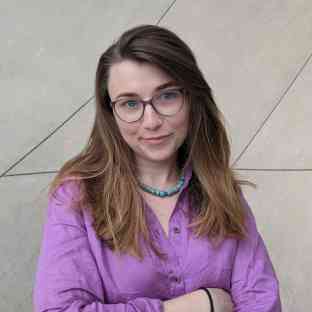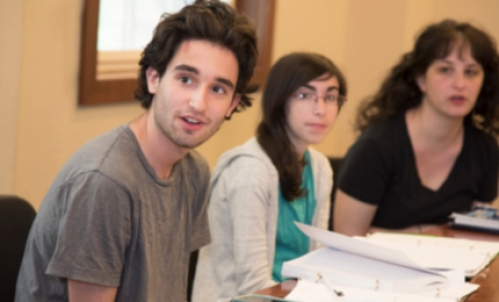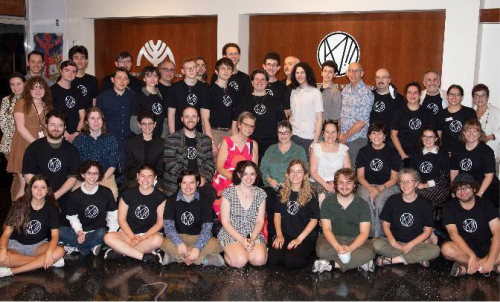Mothers, Revolutionaries, and Workers: Women during the Great Transformation of Eastern European Jewish Society
Tuition: $480 | YIVO members: $375**
Students: $240 (Must register with valid university email address)
Registration is closed. Sign up for YIVO's email list to receive announcements of upcoming classes.
This is a live, online course held weekly on Zoom. Enrollment will be capped at about 15 students. All course details (Zoom link, syllabus, handouts, assignments, etc.) will be posted to Canvas. Students will be granted access to the class on Canvas after registering for the class here on the YIVO website. This class will be conducted in English.
Instructor: Aleksandra Jakubczak
Course Description:
At the turn of the twentieth century, Eastern Europe was home to millions of Jewish women. Women were represented in all sectors of Jewish society, including acculturated Jewish elites, highly educated revolutionaries, Zionists, Orthodox Jews, and workers in the weaving mills of Lodz or lace factories in Warsaw. Jewish women did not merely watch the great revolutions taking place around them, such as industrialization, mass migrations, and the rise of nationalisms, but they actively participated in the ongoing changes. This course will explore women’s experiences of this transformative period in modern Eastern European Jewish history. How did industrialization and urbanization change women’s place in Jewish society? Why did Bundism appeal to women more than Zionism? What were the effects of secular education on Jewish women and their Jewish identity? How did the mass migrations and the migratory restrictions affect Jewish women and their families?
The course will address these questions by investigating the social and cultural history of Eastern European Jewry between the 1870s and 1930s from the perspective of women and through the lens of gender. Together with the instructor, the students will follow Jewish women from the marketplaces and shtetls to factories and universities in Eastern Europe and abroad. The students will meet and understand the cultural background of well-known historical figures, such as revolutionary Roza Luxemburg and Emma Goldman, as well as lesser known ones like Zionist Puah Rakovsky or immigrant memoir author Mary Antin.
The students will read scholarly literature and historical sources, such as memoirs, reports of welfare organizations, statistics, letters, and daily and expert press published in Yiddish, Hebrew, and Polish. All texts will be provided in English translation.
Course Materials:
All course materials will be provided digitally on Canvas.

Aleksandra Jakubczak is a historian specializing in the social and economic history of Eastern European Jewry in the modern period. Since 2022, she has been working as a chief historian at the POLIN Museum of the History of Polish Jews and, in 2023, she received her Ph.D. in Jewish History at Columbia University in New York. Her doctoral dissertation, entitled (Sex)Worker, Migrant, Daughter: The Jewish Economics of Sex Work and Mobility, between 1870 and 1939, looked at Jewish women selling and organizing sex to examine how Eastern European Jewish women experienced urbanization, industrialization, and mass migration. Her research has been supported by YIVO, the Memorial Foundation for Jewish Culture, the Polish Academy of Sciences, the Israeli Council for Higher Education, American Academy for Jewish Research. In the academic year 2023-2024, she was affiliated with the Center for Jewish Studies at Harvard University, and in 2024-2026, she will be the Rothschild HaNadiv fellow at the Center for Research on Antisemitism at the Technical University of Berlin.
**Become a member today, starting at $54 for one year, and pay the member price for classes! You’ll save on tuition for this course and more on future classes and public programs tickets.


